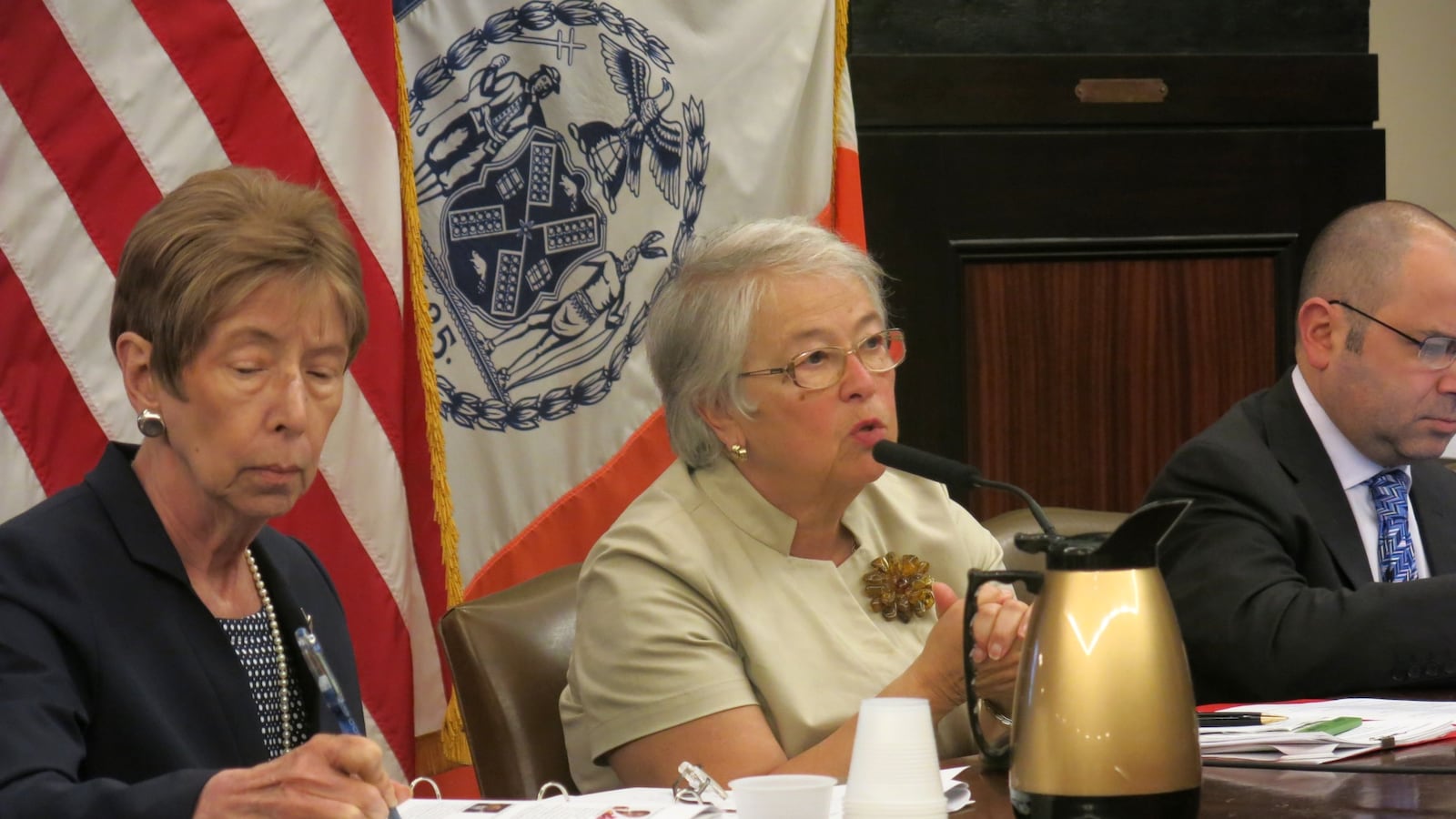Updated, 11:31 p.m. — An appeal process created for New York City’s new teacher evaluation system now has a price tag: $17.8 million.
That’s how much the city expects to pay rookie teachers after they are forced to leave the classroom because of “ineffective” ratings, according to next year’s budget estimates. The sum is enough to pay more than 700 teachers with salaries of $50,000 for up to six months.
The costly policy is a result of a new state evaluation law that New York City is following to evaluate almost 80,000 teachers for the first time this year.
Under the old system, principals had broad authority to fire teachers without tenure, a job protection usually earned after working for three years. Untenured teachers could appeal their firing, but teachers weren’t paid during that process, which wrapped up quickly and rarely ended in their favor. Last year, 257 untenured teachers were fired, about 2 percent of all probationary teachers, according to the United Federation of Teachers.
Under the state’s new evaluation law, passed in 2010, untenured teachers rated “ineffective” will remain on the city’s payroll while they appeal that rating, but don’t teach. And the appeal process could drag on for months.
The city is estimating that “teachers who appeal would be on payroll at least an additional six to seven months,” according to a City Council summary of the city’s proposed budget. The process wouldn’t start until Nov. 1 at the earliest, about two months after a new school year has started.
Critics said the process is a wasteful use of taxpayer dollars. In the past, teachers without tenure have rarely won their appeals—and those who did win were entitled to back pay and interest, said Dan Weisberg, the education department’s former labor chief and a vice president at TNTP, an education research and consulting organization.
“They should be taken off the payroll pending the appeal,” Weisberg said, acknowledging that that would require amending the evaluation law.
Others blame the state law for the new policy, as well. A for the spokeswoman Department of Education said the city was bound by state law for barring it from firing teachers who appeal their evaluation rating.
But a state spokesman disputed interpretation of the law. Dennis Tompkins said the city could easily remove untenured teachers well before they receive their evaluation ratings.
“The city has chosen to interpret the law in a certain way and layers on to that process,” Tompkins said in an email.
It’s unclear what, if any, job responsibilities the teachers would retain while receiving paychecks. In the past, city teachers appealing termination were sent to “reassignment centers” to complete administrative work, which became known as “rubber rooms.”
The city is already spending more than $100 million to pay about 1,200 teachers without full-time jobs in schools. The city and UFT wants to reduce that number through a plan that they hope would accelerate teacher reinstatements, firings, or retirements.
It’s unclear whether the city will actually move to fire any of the teachers rated “ineffective” in the evaluation process’ first year, though those ratings will keep the teachers out of classrooms.


